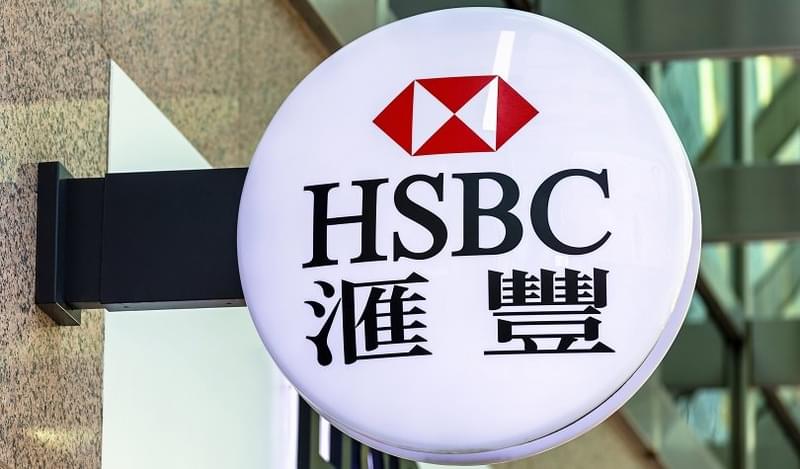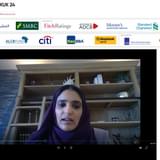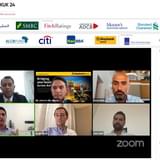All countries experience periods of political and social unrest and Turkey certainly endured a turbulent summer, which saw investors reassess the country’s risks, and absorb a torrent of commentary analysis amid credit agency downgrades.
Nevertheless, Turkey’s financial markets and currency have proved remarkably resilient. Credit default swap spreads have stabilised at around 240bp, the yield spread on the benchmark US dollar-denominated sovereign bond is now only 50bp wider than before the unrest which occurred on 15 July 2016 (having increased 150bp in the period immediately thereafter) and the lira is trading at a little above TRY3 against the US dollar.
Before the market drop in mid-July, Turkish equities had risen more than 15% during 2016 and the yield on Turkish five-year local currency bonds had dropped more than every other emerging-market nation except for Brazil, according to Bloomberg data.
Moreover, according to publically available information, the Turkish Treasury has already raised US$3bn in the international capital markets this year, completing two-thirds of its planned external borrowing programme for 2016.
Recent available economic data, following a period of strong, balanced GDP growth, has reaffirmed the country’s inherent strengths and the solidity of its credit worthiness which should reopen its access to the international capital markets and also allow Turkey to resume its important role in Islamic finance.
“Macroeconomic conditions support a dynamic, young and increasing affluent population. Consumer confidence actually rose in August from 67% to 74% month- on-month and household consumption and public sector investment are the main components of GDP, where there has been a negative growth in private sector investments. In fact, Turkey’s government debt to GDP is only at 32%, which is much lower than in most European countries,” says Hulusi Horozoğlu Managing Director, Head of Wholesale Banking, Turkey at HSBC.
Inflation is on a declining trend, and in response, Turkey’s Central Bank has cut interest rates for five consecutive months.
“Recent political developments have had a limited impact on economic activity, with tourism the most deeply affected sector,” says Horozoğlu.
Robust Financial and Corporate Sectors
Furthermore, the corporate sector is well-serviced by a vibrant finance industry and a tightly regulated banking system. Domestic capital markets are liquid and have deepened in recent years, and Turkish companies and financial firms, as well as the sovereign, are familiar issuers in the international market.
Indeed, debt capital market activity is set to pick up this quarter, after the usual August lull, according to Mohammed Dawood, Managing Director, Global Head of Sukuk Financing at HSBC.
Turkish financial institutions face US$1.6bn of redemptions in 2016, and US$3.7bn maturing next year.
“Real money investors were awaiting for the outcome of the rating review by Moody’s. Meanwhile, emerging market investors in general will have a close eye on the US Federal Reserve’s interest rate decision and comments in December,” Dawood says.
During the past few years, Turkish banks have expanded their foreign currency bond issuance, raising almost US$30bn in offshore bonds since the beginning of 2011. Investors are comfortable with their credit and recognise their relative value.
The return of stability to domestic financial markets and the restoration of social and political order within the country should encourage investor confidence as Turkish borrowers return to the international stage.
Islamic Finance Ambitions
Sukuk issuance is also preparing to increase, driven by strong demand from GCC (Gulf Cooperation Council) countries.
“The Turkish state authorities encourage the growth of the sukuk market and other Shariah - compliant financial instruments with a supportive legal framework, especially because Turkey’s government envisages that sukuk will play a key role in funding the planned infrastructure projects” says Dawood.
In June, The Republic of Turkey issued US$1bn US dollar denominated five- year sukuk, ending an 18-month absence from the Islamic finance market. HSBC was one of three lead managers for the 4.251% notes, which priced at a spread of 287 basis points over US Treasury yields.
The sovereign only issues once a year in the Sukuk market, so the next issues are likely to be by Islamic participation banks, followed by non- financial companies with strong name- recognition, according to Dawood. Pricing will be competitive because of the widening investor base.
“It is important to understand that conventional investors as well as Islamic funds buy sukuk. The former value sukuk by comparing them with non-Islamic securities and the latter, mainly concentrated in Malaysia and GCC countries, are a captive, dedicated investor pool. The effect is generally to drive spreads lower” says Dawood.
The inclusion of sukuk in JP Morgan’s benchmark emerging market bond indices has further narrowed pricing differentials between sukuk and regular bonds, he adds.
So, the outlook for Turkish bond issuance is healthy, with a variety of structures and sectors preparing to tap investors who remain flush with liquidity and are eager for incremental yield.
Turkey needs to reassure its foreign investor base by continuing to pursue its reform programmes and through maintaining sound, prudent economic management. Despite the volatility in financial markets in the wake of last summer’s events, the government remains committed to an agenda that should attract overseas business and investment.
Disclaimer: All kinds of transactions shall be subject to business conduct of HSBC Bank A.S. and compliance to local legislation. No information in this document is provided by HSBC for the purpose of offering, cross border marketing and sale by any means of any banking services outside of Republic of Turkey. Therefore, this document may not be considered as an offer made or to be made outside of Republic of Turkey









